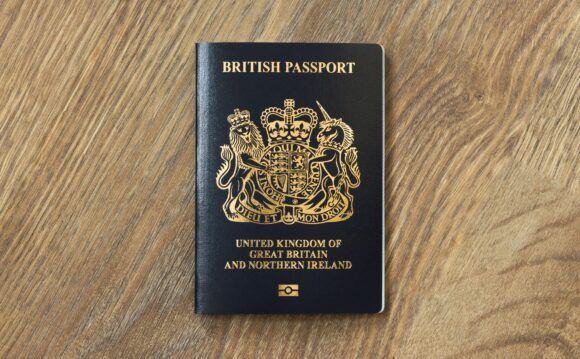
How many types of passport are there in the UK?
In the UK, there are several types of passports that can be issued depending on the status and circumstances of the applicant. Here are some of the main types:
1. Standard Passport (Adult and Child): Issued to British citizens for general travel purposes.
2. Diplomatic Passport: Issued to diplomats and their dependents for official travel.
3. Official Passport: Issued to government officials for official travel.
4. Emergency Passport: Issued to British citizens who need to travel urgently but do not have a valid passport.
5. Seaman’s Identity Document: Issued to British merchant seamen in place of a passport for travel to specific countries.
6. Special Purpose Passport: Issued for special purposes such as for employees of the British government traveling on official business where a diplomatic or official passport is not appropriate.
Each type of passport has specific eligibility criteria and is issued for different purposes or circumstances.
Which type of passport is the strongest?
In the context of UK passports, the term “strongest” can refer to several factors:
1. Visa-Free Access: This refers to the number of countries UK passport holders can visit without requiring a visa or with visa-on-arrival privileges.
2. Validity and Recognition: How widely recognized and accepted the UK passport is globally.
3. Security Features: The robustness of security features within the passport to prevent fraud and ensure authenticity.
Typically, the standard UK passport issued to British citizens (both adult and child versions) is considered the primary document for international travel. It provides visa-free or visa-on-arrival access to a significant number of countries and is widely recognized worldwide.
Diplomatic passports and official passports issued to diplomats and government officials respectively also hold significant weight due to their special status and the diplomatic protections they afford.
Therefore, in terms of broad international travel and recognition, the standard UK passport for British citizens is often considered the “strongest” type of UK passport.
How long does it last
A standard UK passport for adults (aged 16 and over) is typically valid for 10 years from the date of issue. For children (under 16), the passport is valid for 5 years from the date of issue.
It’s important to note that the validity period starts from the date the passport is issued, not from the date of application or when you start using it. After the expiry date, the passport is no longer valid for travel, and you will need to renew it if you wish to continue traveling internationally.
It’s advisable to check the expiry date of your passport well in advance of any planned travel, as many countries require that your passport be valid for at least six months beyond your intended stay.
How often do I need to renew my passport UK?
In the UK, you need to renew your passport when it expires. The validity period for a standard UK passport is:
– Adults (aged 16 and over): The passport is valid for 10 years from the date of issue. You must renew it before it expires if you want to continue traveling internationally.
-Children (under 16): The passport is valid for 5 years from the date of issue. Similarly, you need to renew it before it expires if your child needs to continue traveling internationally.
It’s important to note that some countries require your passport to be valid for at least six months beyond your intended stay, so it’s a good idea to renew your passport well before it expires if you have upcoming travel plans.
Why is a British passport so expensive?
The cost of a British passport includes several factors that contribute to its expense:
1. Production and Security Costs: Modern passports incorporate advanced security features to prevent counterfeiting and fraud. These include biometric features, special inks, and secure printing processes, all of which contribute to the overall cost of production.
2. Processing and Administration Fees: The fees charged for issuing passports cover the administrative costs associated with processing applications, verifying documents, and conducting background checks.
3. Infrastructure and Technology: Maintaining passport application centers, staff training, and implementing technological upgrades to handle applications securely and efficiently also adds to the overall cost.
4. International Standards and Regulations: UK passports must meet international standards set by organizations like the International Civil Aviation Organization (ICAO). These standards ensure that passports are secure and universally recognized, but they also require ongoing investment to maintain compliance.
5. Exchange Rates and Inflation: The cost of producing passports is affected by currency exchange rates and inflation rates, which can influence the price over time.
6. Government Revenue: Passport fees can also generate revenue for the government, which may contribute to funding other services or infrastructure.
Overall, the combination of security features, administrative processes, technological investments, and international standards contribute to the cost of a British passport.
